Concentrating "affordable" housing east of the river is the very definition of insanity.
 |
| Anacostia residents are saying "no" to more of the same (photo courtesy of PGN Architects) |
In case I am not clear let me make it perfectly clear. Like it or not, to become self-sustaining and to attract some of the basic amenities the rest of the city takes for granted Ward 8 and Ward 7 need to increase their economic base. In order to do that it means bringing in retail, amenities, businesses and offering quality, market-rate units for sale and for purchase. Even a mix of low, medium, and market rate units is a far better idea than projects that are designated 100% low-income and/or "affordable" by Housing Voucher standards.
Insanity is doing the same thing over and over again and expecting a different result. Let's stop being crazy.
I've heard more than one Ward 8 resident say they would rather see a lot remain vacant than be converted into more of what Ward 8 really DOES NOT NEED RIGHT NOW -- transitional, low-income, subsidized housing and the negative quality of life and economic impact that comes along with it.
I for one have to agree. No more of the same. Just because it is easy doesn't make it right. East of the River is tired of "subsidizing" DC's "affordable" housing initiatives.
It doesn't take a genius to see what we need. More quality businesses, stores, and market rate housing east of the river and more "affordable" and low-income housing west of the river. That is how you maintain a balance. Bringing what is lacking to where it is needed. There, I just gave you the answer and it didn't cost you a lobbyist or a huge consulting fee to do it.
And for my fellow Ward 8 residents who have concerns about being "pushed out" I am going to have to put some responsibility on you. If you truly feel that efforts are underway to "push you out" what exactly are you doing to increase your chances of being able to stay? Do you rent or do you own your own home? Because no matter how long you have lived in an apartment you are still just a renter with all the perks (flexibility, landlord to fix repairs) and the disadvantages (lack of equity building). The cold hard truth is that renting is not as good as owning. Homeowners set the real estate market, renters operate at the whim of it. The general feeling I am getting from my neighbors is they are tired of the opposite being the norm for Ward 8. They are fighting for their biggest (and most often only) investment -- their home. And at the risk of being harsh they are no longer going to allow tomfoolery in the name of politically correctness to crush their dreams of economic stability and that is the plain truth.
| This could be yours for WAY less than the cost of renting |
So stop falling for those "gentrification" scare tactics. All they are doing is keeping you unemployed (or underemployed), renting, and at the whim of others with more economic options -- including the government.
Lastly, if "affordable" and low-income housing is such a good idea why aren't the majority of these projects being located in neighborhoods that truly have caused residents to be priced out? West of the Anacostia river neighborhoods rich in amenities, grocery stores, retail, and entertainment. Can someone please show me a new project in Georgetown that is designated at 100% for low-income residents or transitional housing?
I don't think so because it doesn't exist.
Ward 7 and Ward 8 are finally taking a page out of the books of those more economically diverse and vibrant neighborhoods by saying, "we want the best, just like you and we are determined to get it."
Aaron Wiener of Housing Complex has a great article on the Big K Project in Anacostia and the stance that residents have taken to oppose it. Please take a moment and read it. I think it sums up the situation pretty accurately. Go HERE to read the article.
Excerpt:
But the most common complaint concerned the very nature of the housing that Chapman and DHCD were proposing. Their plans call for 100 percent affordable housing, available only to people making less than 60 percent of the area median income.
In neighborhoods like, say, Columbia Heights, the city and housing advocates have worked to ensure that low-income residents aren’t left behind as a wave of economic development passes through. But in Anacostia, residents are worried about the opposite threat: that in a neighborhood that’s on the cusp of development, well-off professionals will be kept out and the push for affordability will hold back economic growth.
The fight over the housing at the Big K project highlights the ways that traditional debates about affordable housing can get flipped on their heads when high-end development begins to come to poor parts of town. Places like Anacostia can find themselves stuck in a strange middle ground, where the “affordable” units are out of the price range of most current residents but unavailable to higher earners who might be able to help bring much-needed dollars to the neighborhood. Residents say they understand the need for affordability, but question whether concentrating it in already struggling neighborhoods is a good idea.

